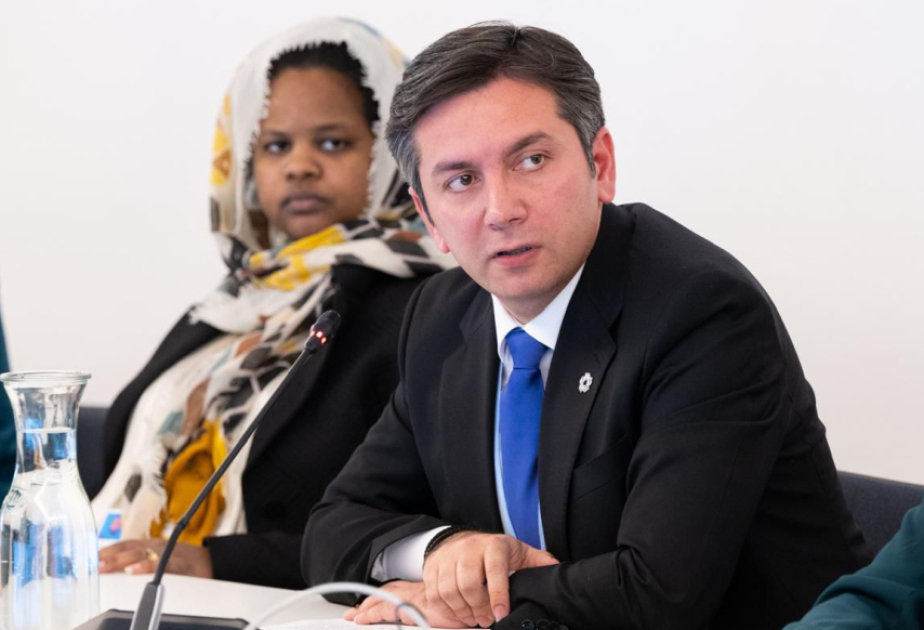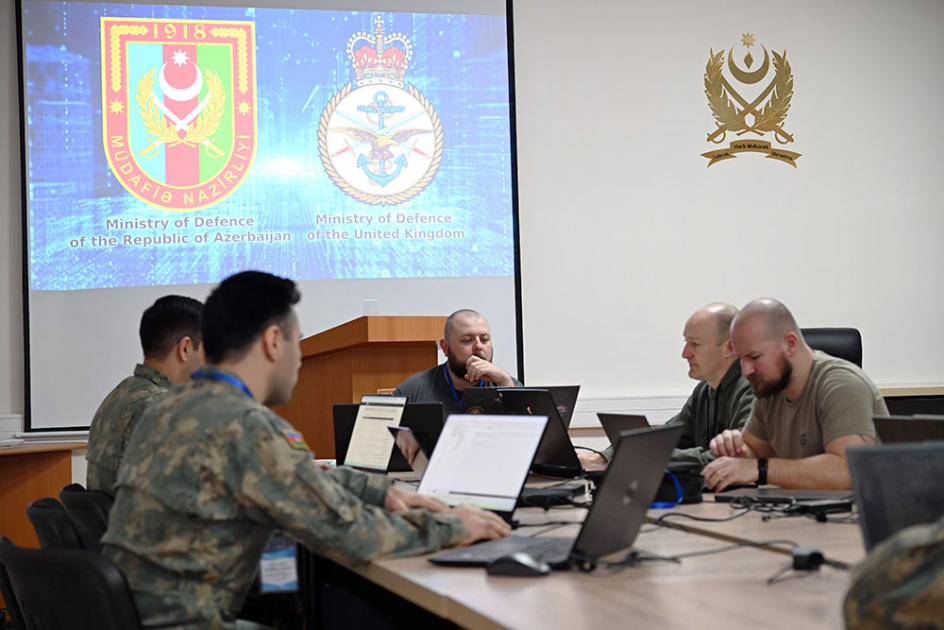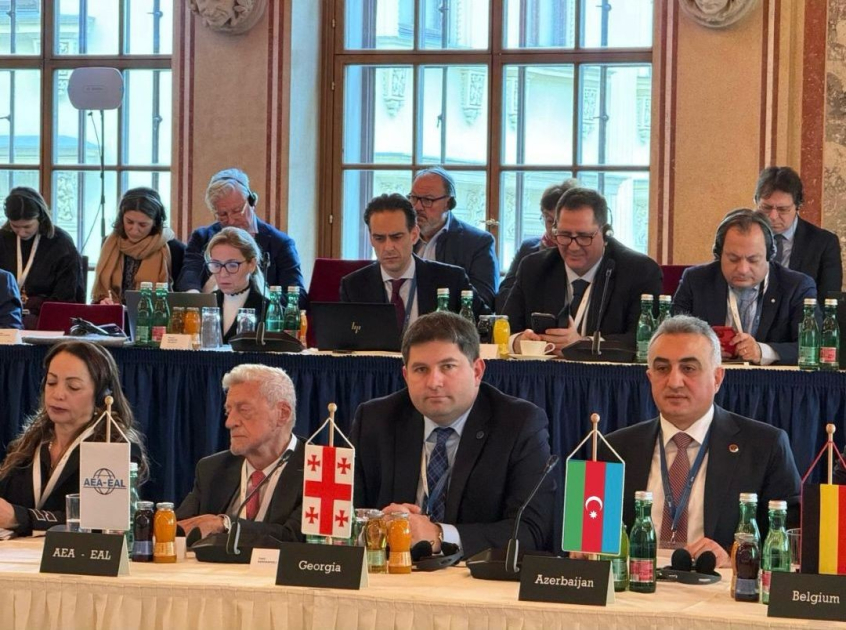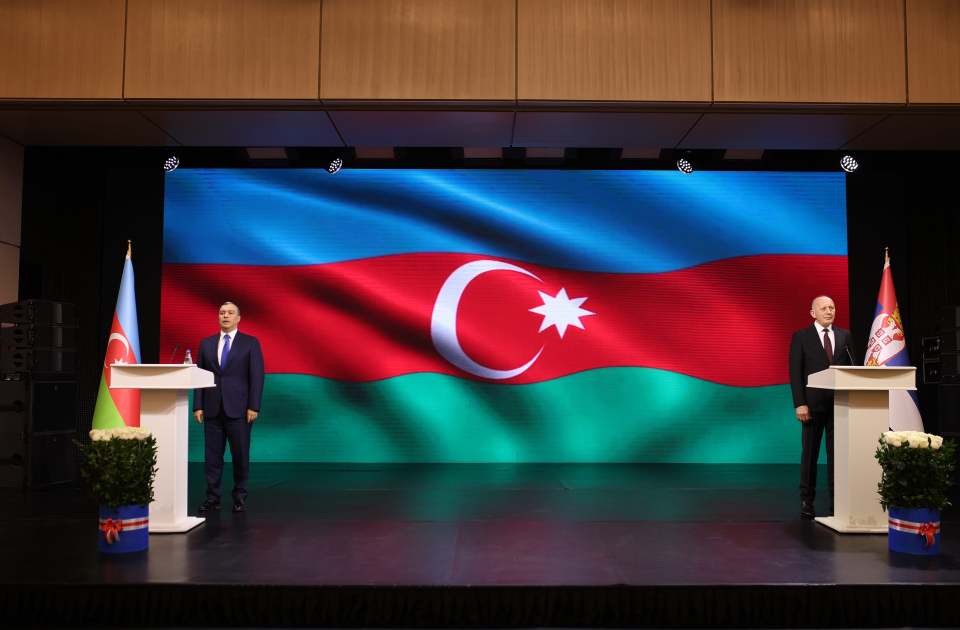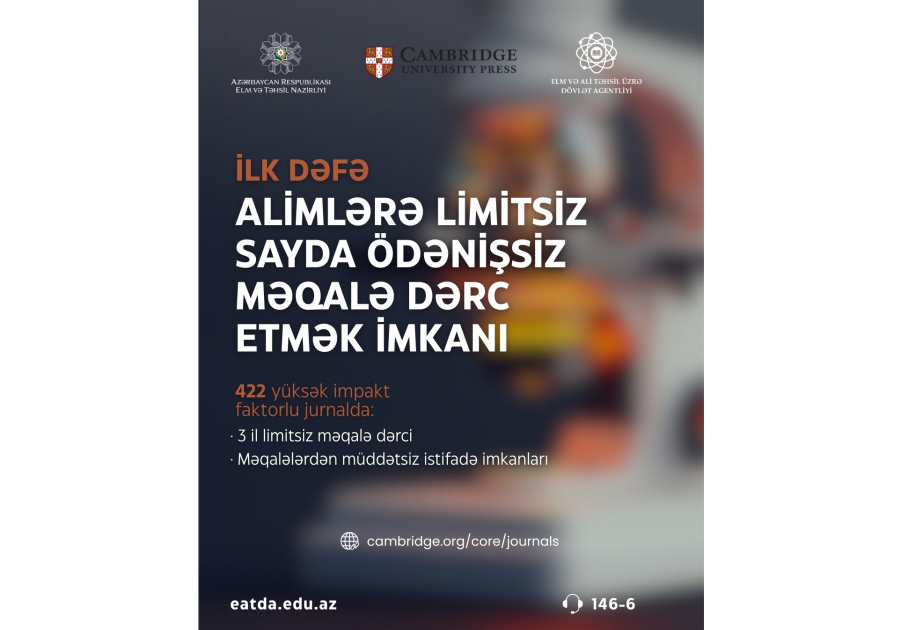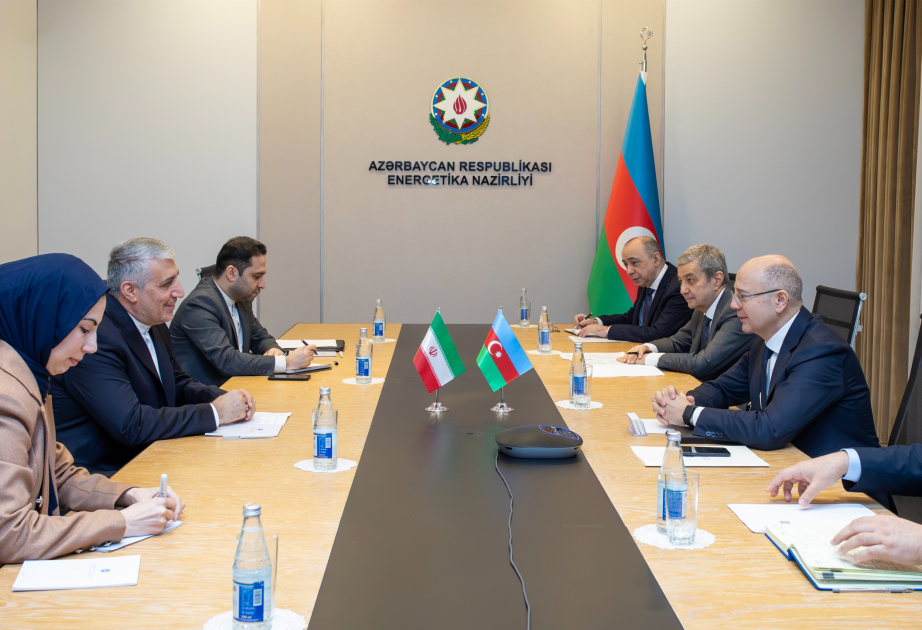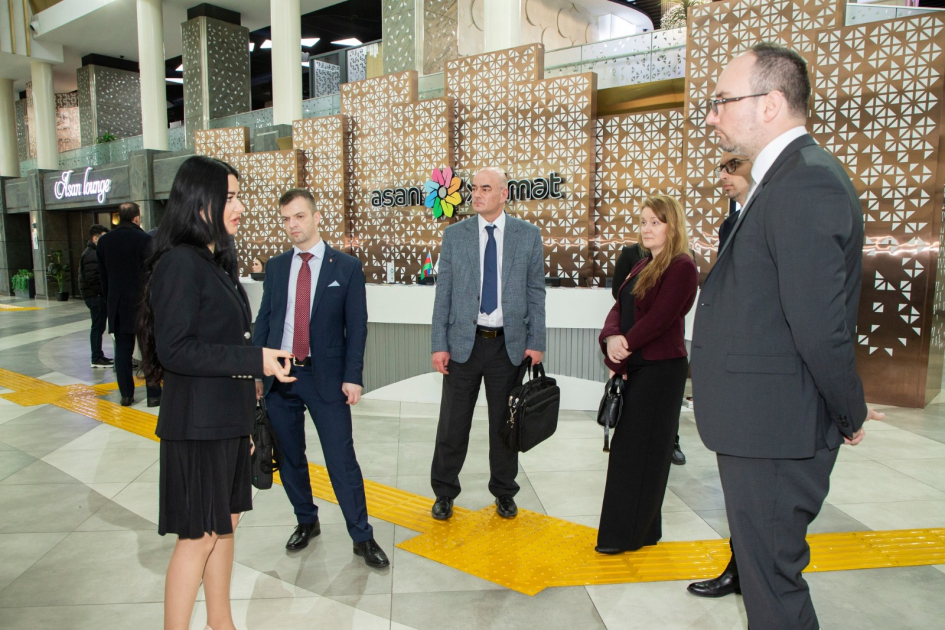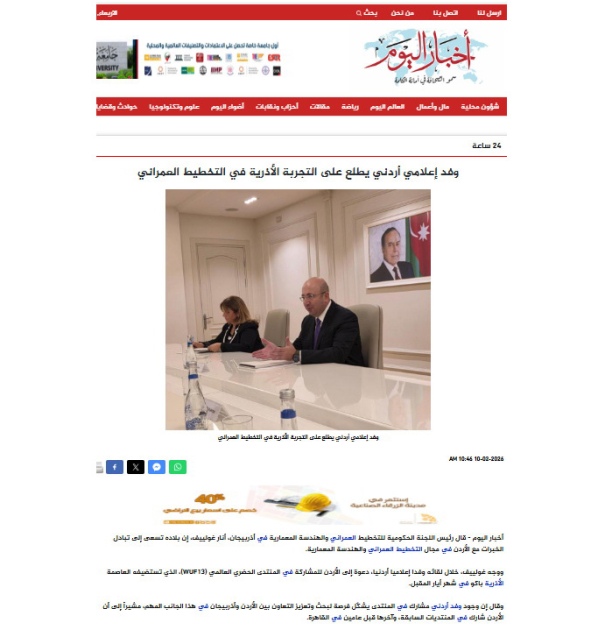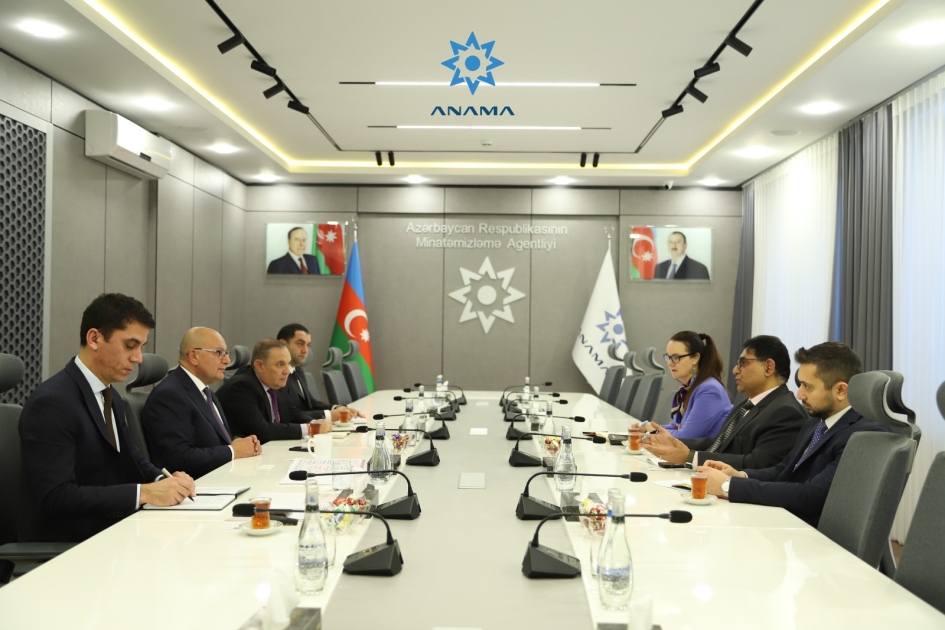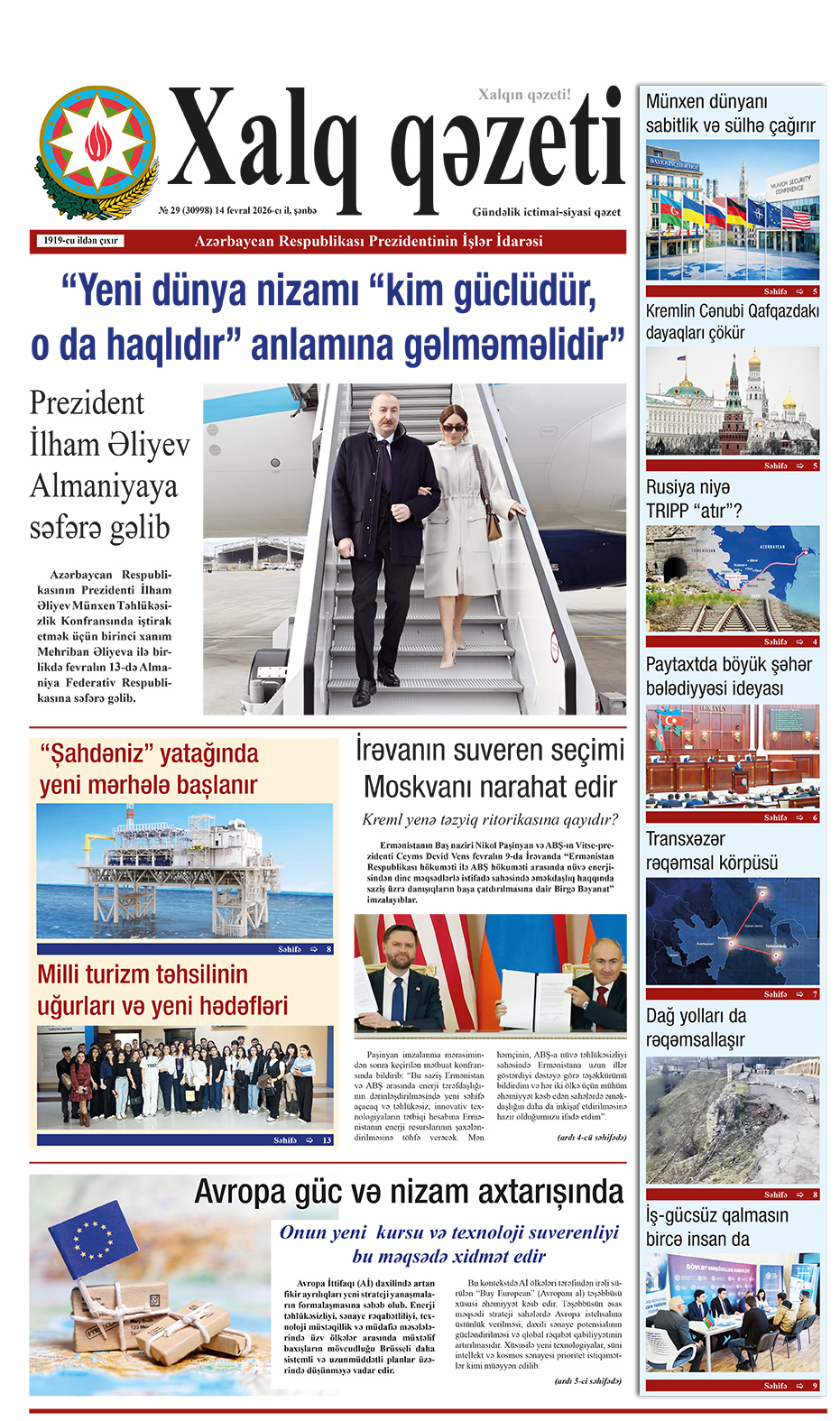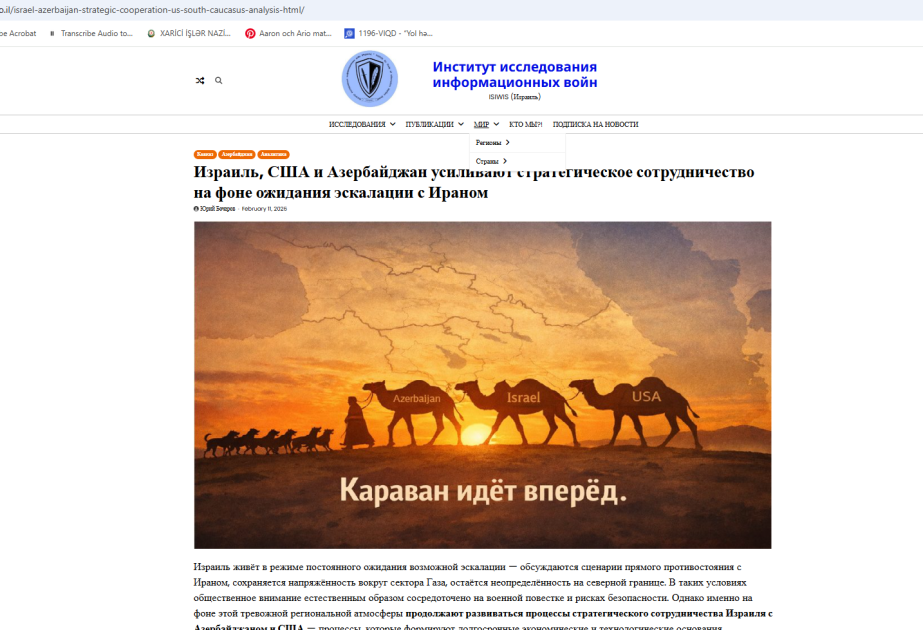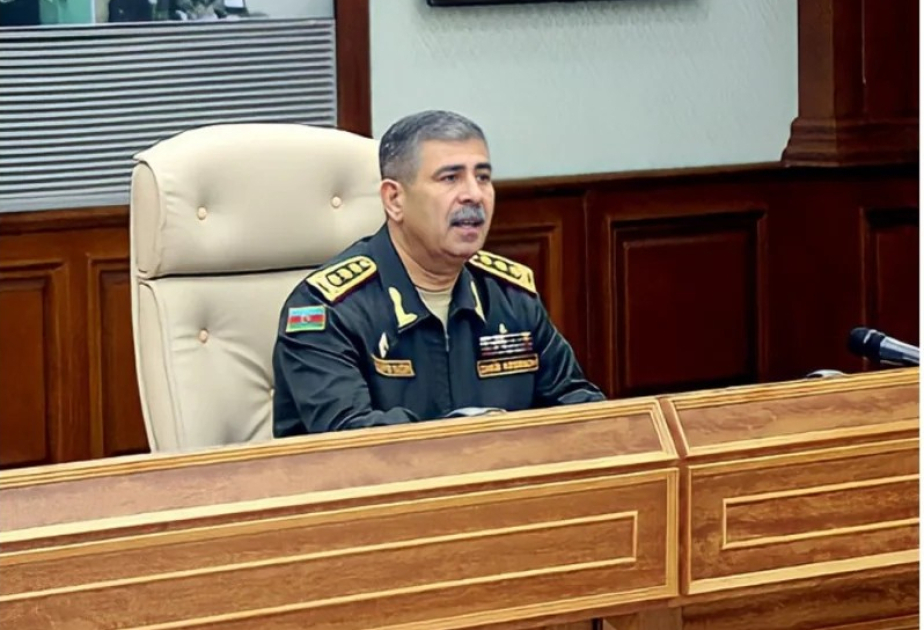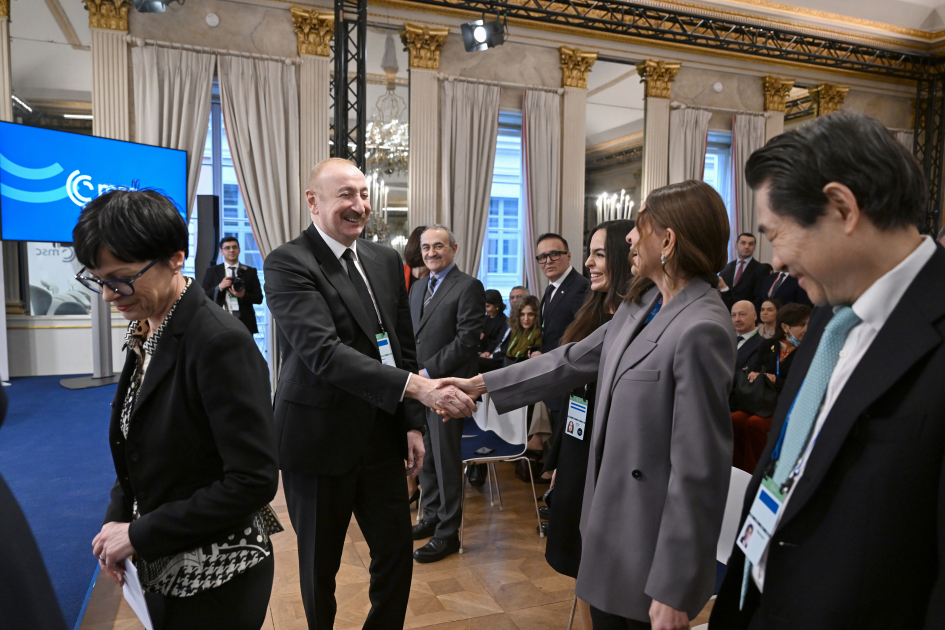On June 19, consultations with non-party stakeholders on the Baku to Belém Roadmap took place during the Bonn Climate Change Conference.
COP29 Lead Negotiator Yalchın Rafiyev opened the event, stating that the primary goal was to hear perspectives, recommendations, and jointly evaluate proposals.
“As the COP29 Presidency, we are committed to an inclusive and transparent approach. In collaboration with the COP30 Presidency, we’ve extended this process beyond its mandate to include non-party participants.
We appreciate your contributions to these consultations, especially the written proposals submitted.
However, we need greater support, particularly from multilateral development banks and international financial institutions. They can play a vital role in reducing capital costs, alleviating debt burdens, and addressing priorities raised by stakeholders yesterday.
We urge them to take ownership of this process and offer concrete solutions.
The determination shown by party representatives in yesterday’s session was inspiring. Many emphasized that the outcomes achieved in Baku are non-negotiable.
Maintaining the document in a non-negotiated, advisory format allows us to propose diverse solutions, enabling a flexible approach rather than a one-size-fits-all model.
The past year has been challenging. It was our duty to successfully conclude the multi-year New Collective Quantified Goal (NCQG) process, a key COP29 mandate, and address other critical issues.
Building on the successes of COP28, COP27, and prior COPs, we sought to ensure continuity and sustainability in global climate action.
We declared from the start that the new climate finance goal must be fair and ambitious. The COP29 team worked tirelessly to achieve this.
We bridged differences on interconnected issues like structure, donors, and funding amounts. It was evident that robust qualitative criteria were needed to reform the global financial architecture. Consequently, we secured the long-awaited Baku Finance Goal agreement.
This goal tripled the previous target, committing to mobilize at least $300 billion annually for developing countries by 2035 – the largest financial target ever adopted in the UN framework.
This sends a strong signal to financial markets and enhances long-term planning stability.
The NCQG decision also sets an ambitious target to scale this to $1.3 trillion annually by 2035, marking a shift from billions to trillions.
These components launched a new era in climate finance with the Baku Finance Goal.
In Baku, we initiated the ‘Baku to Belém Roadmap’ to outline clear steps and mechanisms to reach the $1.3 trillion target.
Today, we aim for this roadmap to address the global climate community’s needs and expectations,” Rafiyev emphasized.
COP29 High-Level Champion Nigar Arpadarai added that Azerbaijan played a key role in securing the historic $300 billion commitment: “This is a point of pride. Moreover, a bold $1.3 trillion target was announced in Baku—the largest financial commitment to date. These figures inspire, but numbers alone aren’t enough. A major risk is that those with more resources – financial, knowledge, or technological – could dominate outcomes, marginalizing others. This must be prevented. Inclusivity must guide our work. Every voice, especially the often-unheard, must shape the dialogue and solutions.
Discussions show this roadmap must engage a wider stakeholder community. As climate champions, we’ve prioritized small and medium enterprises, civil society, the private sector, and individual innovators.
The roadmap is critical.
We must create favorable conditions and incentives for the private sector and build capacity to support climate projects,” Arpadarai concluded.


